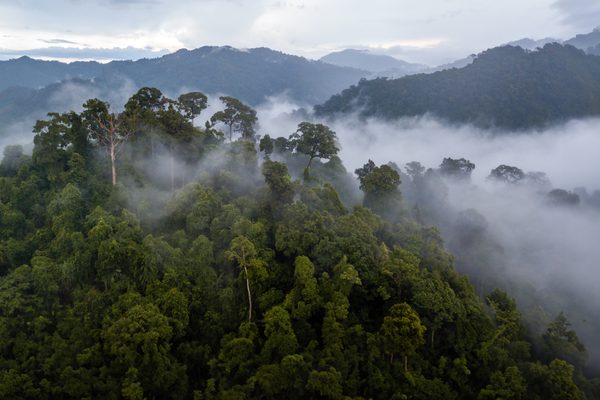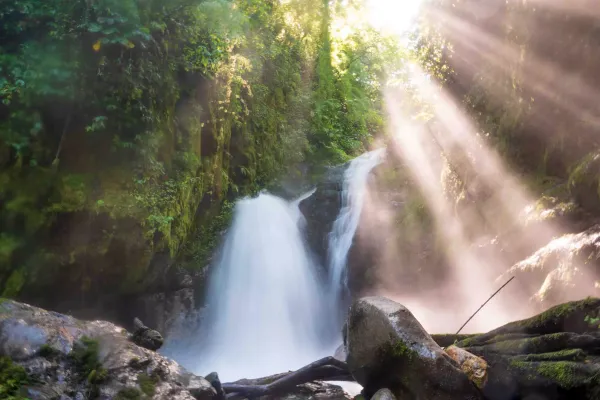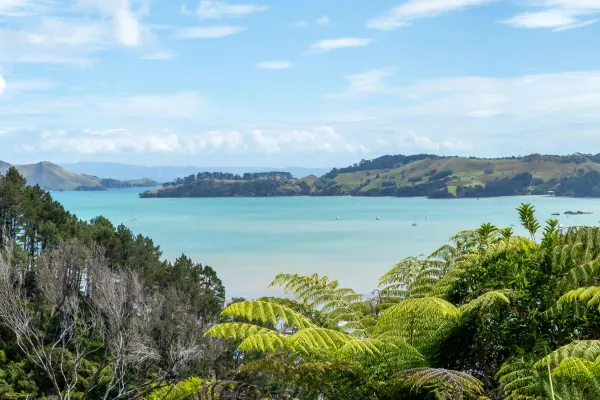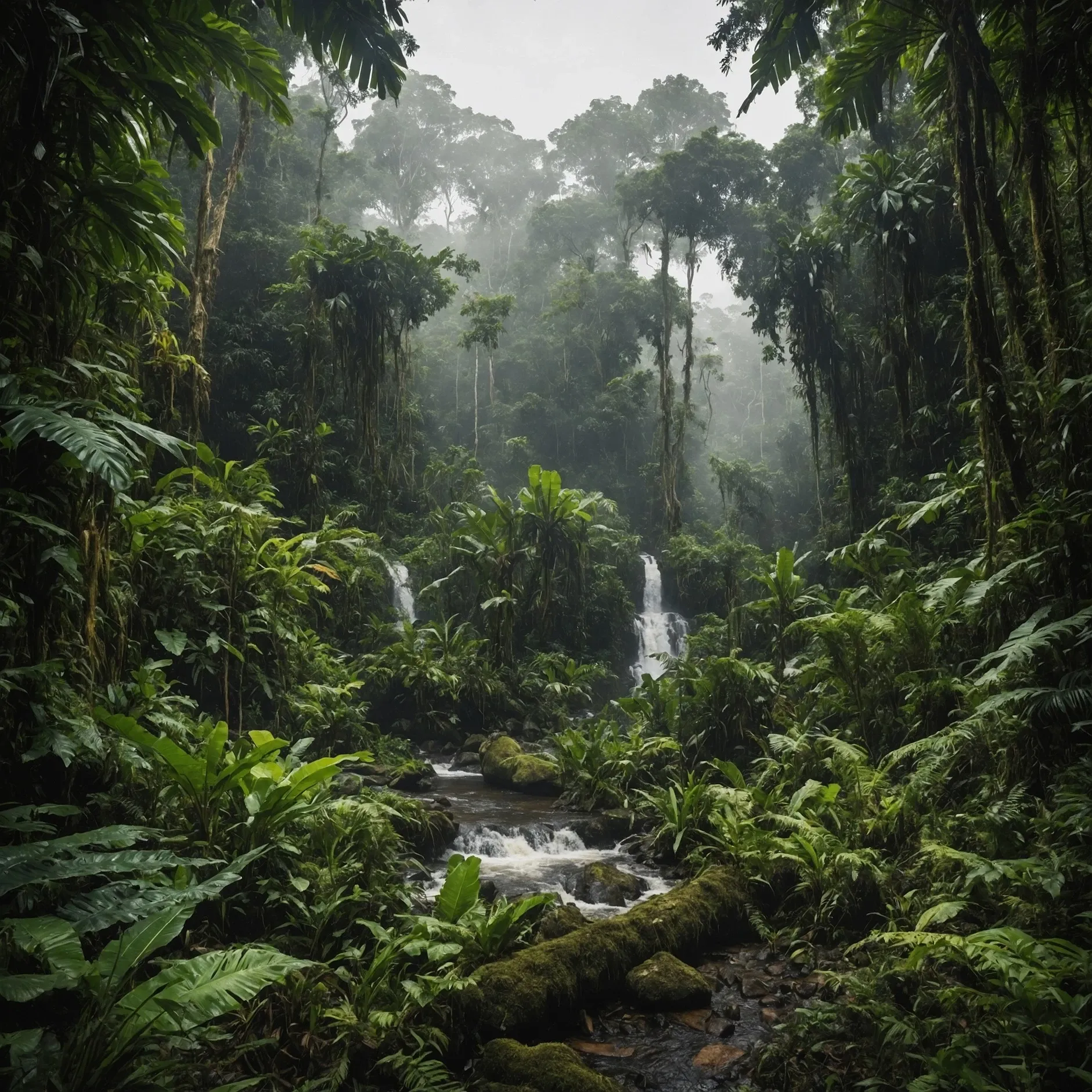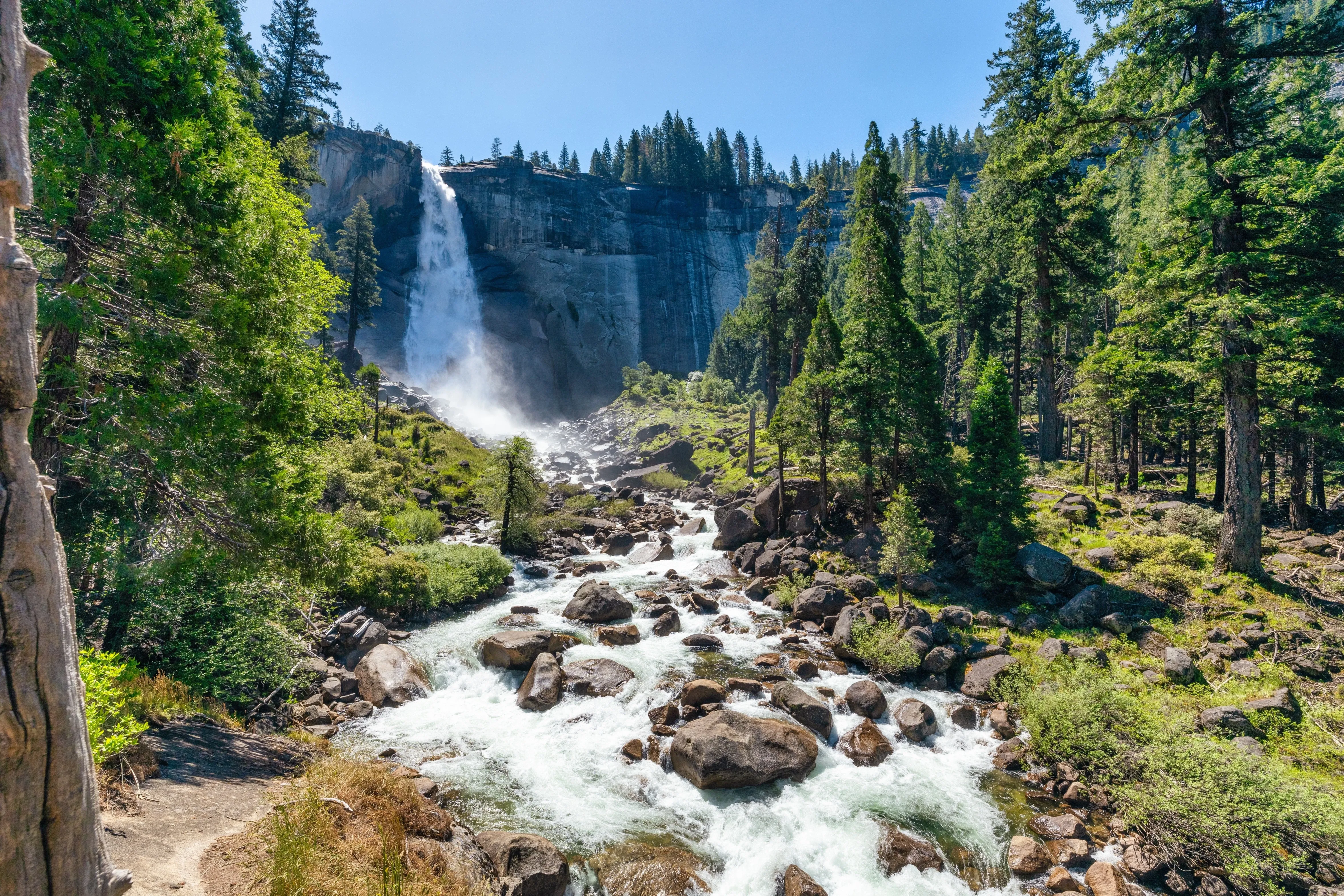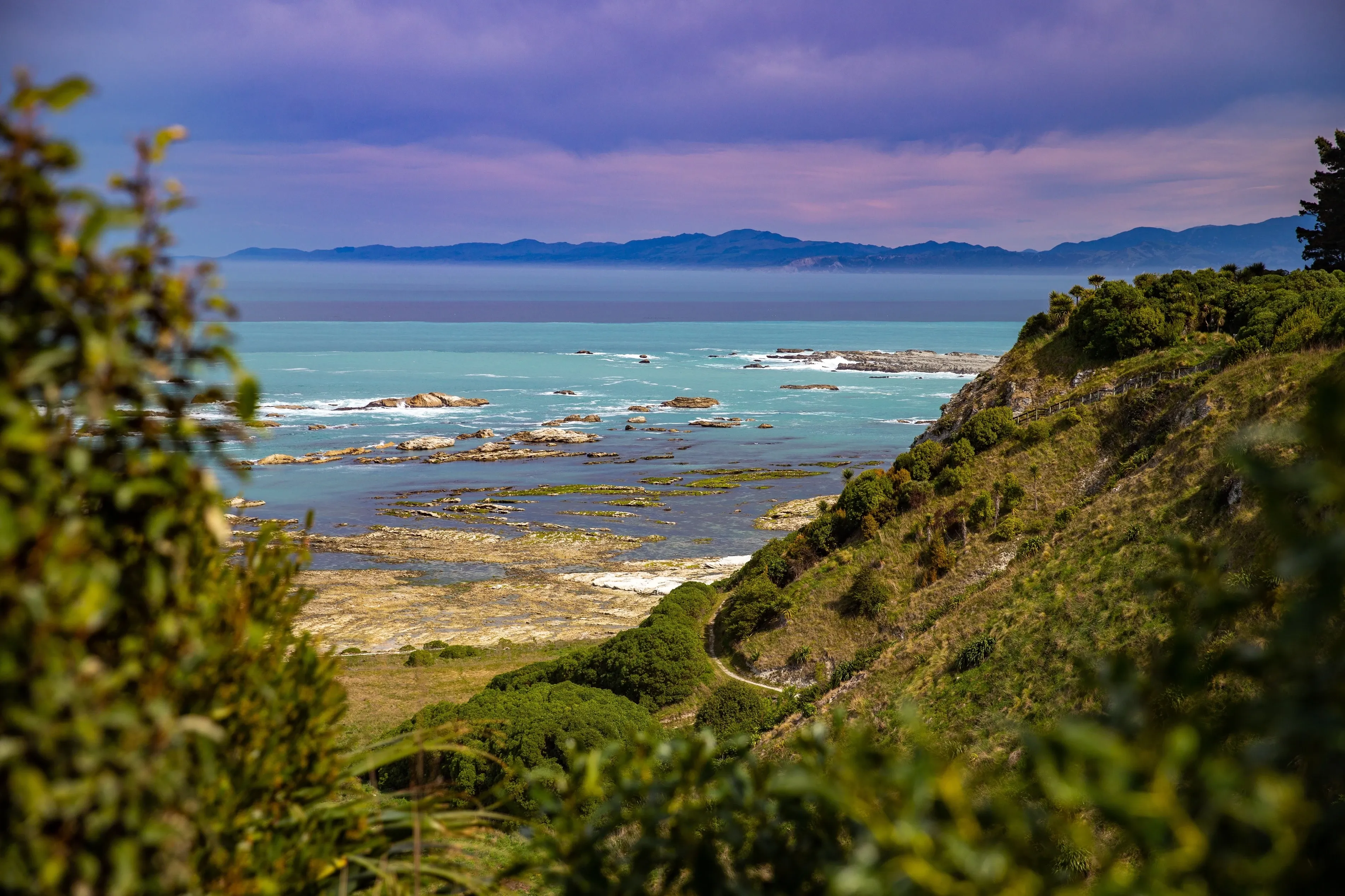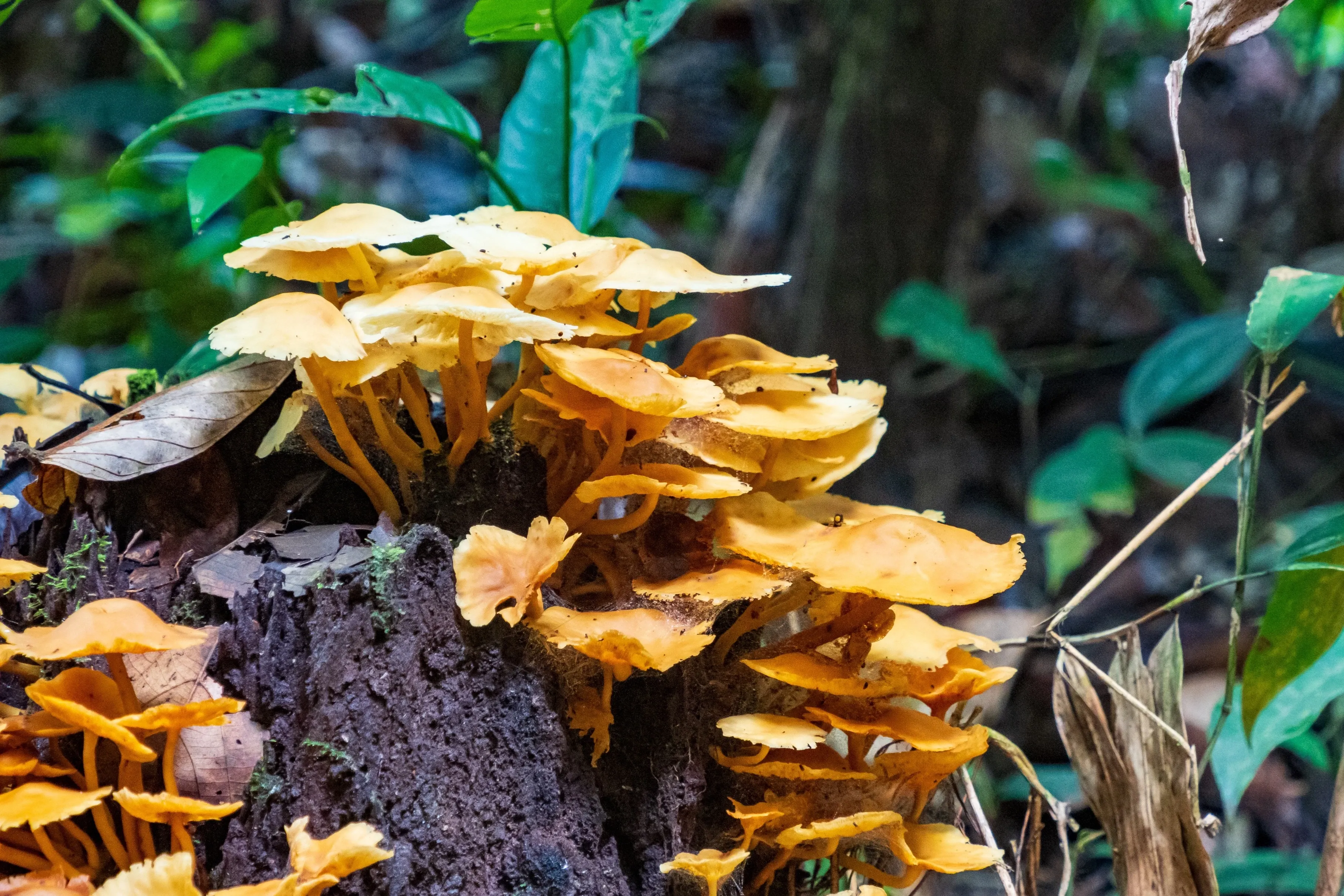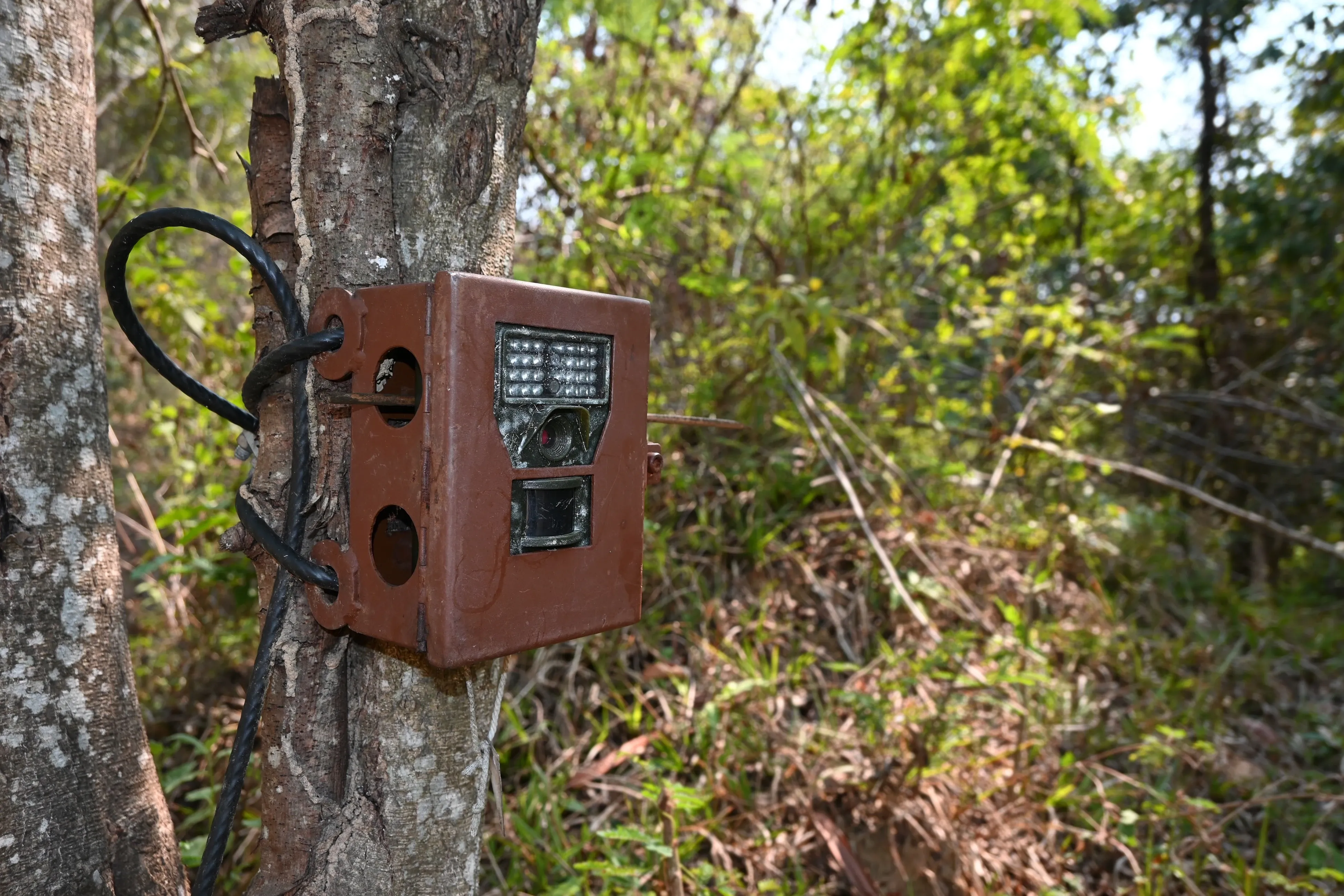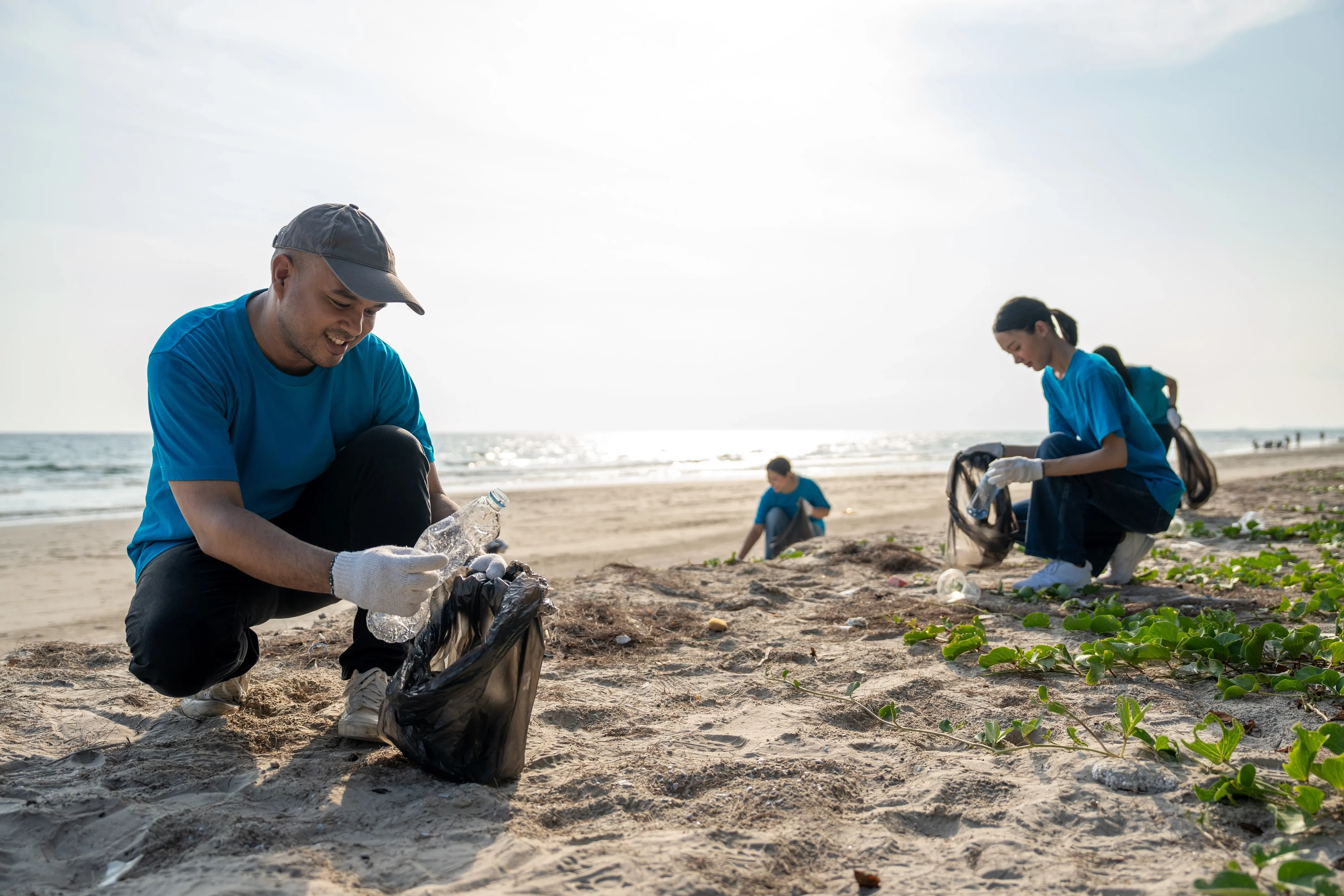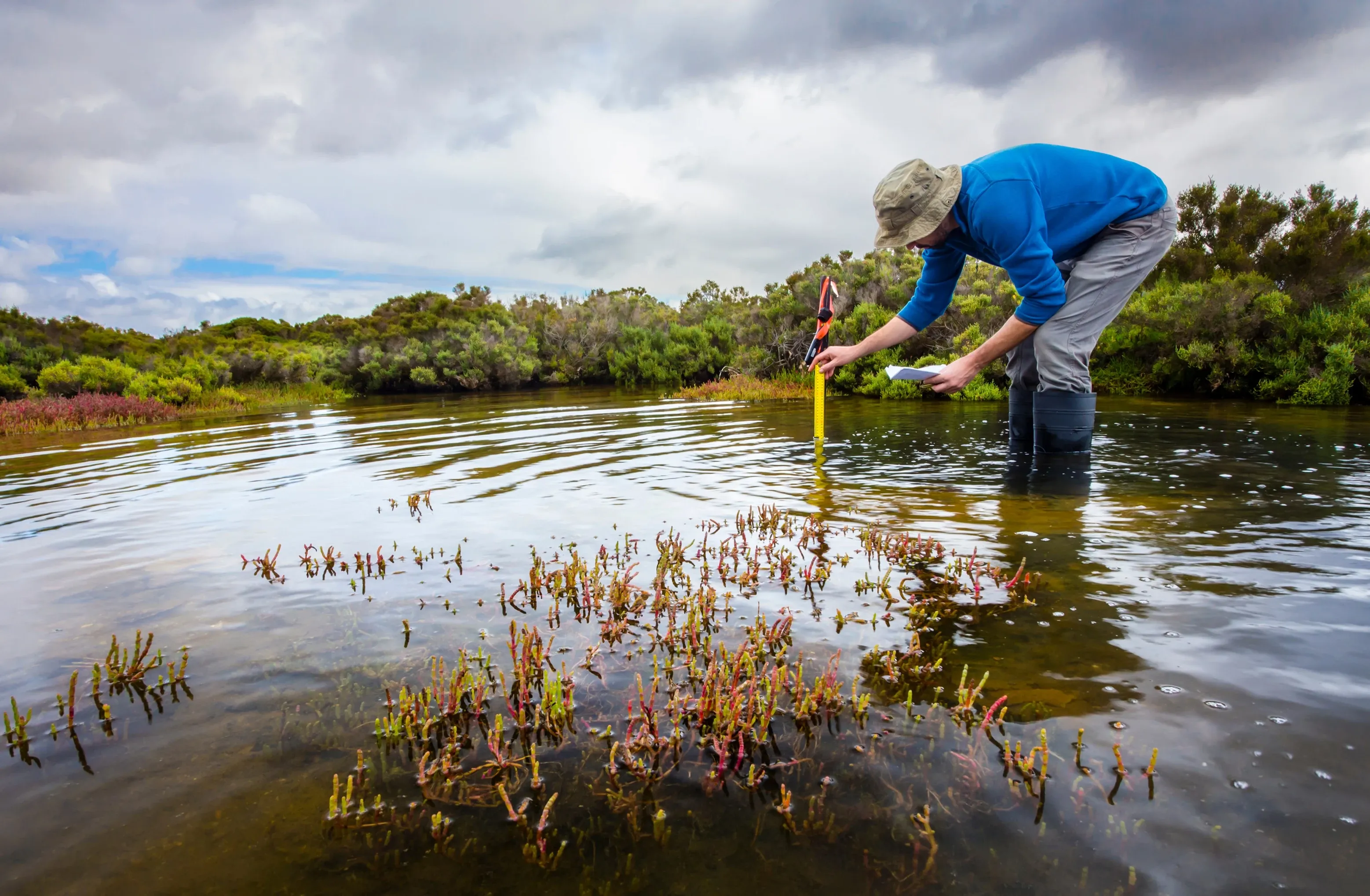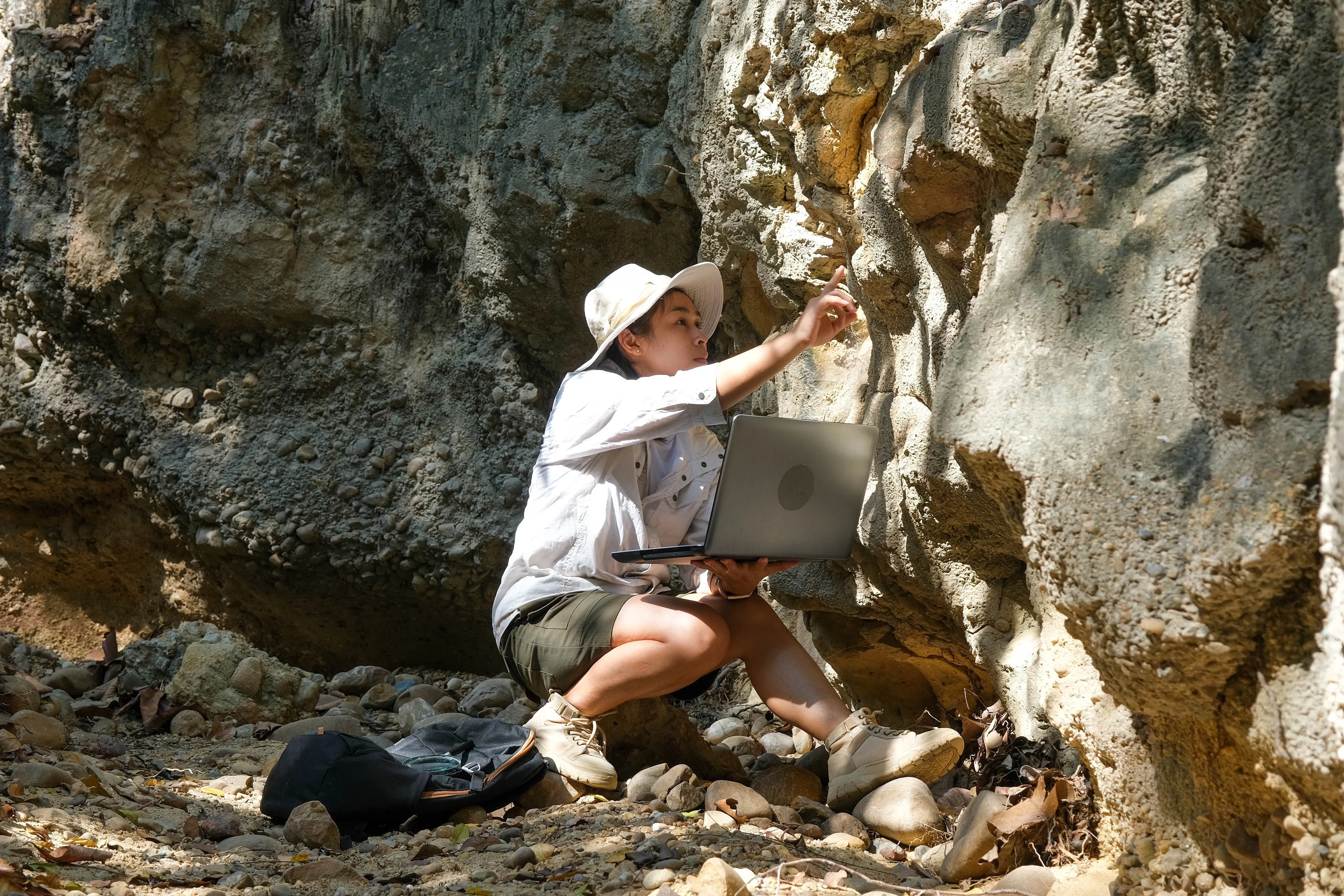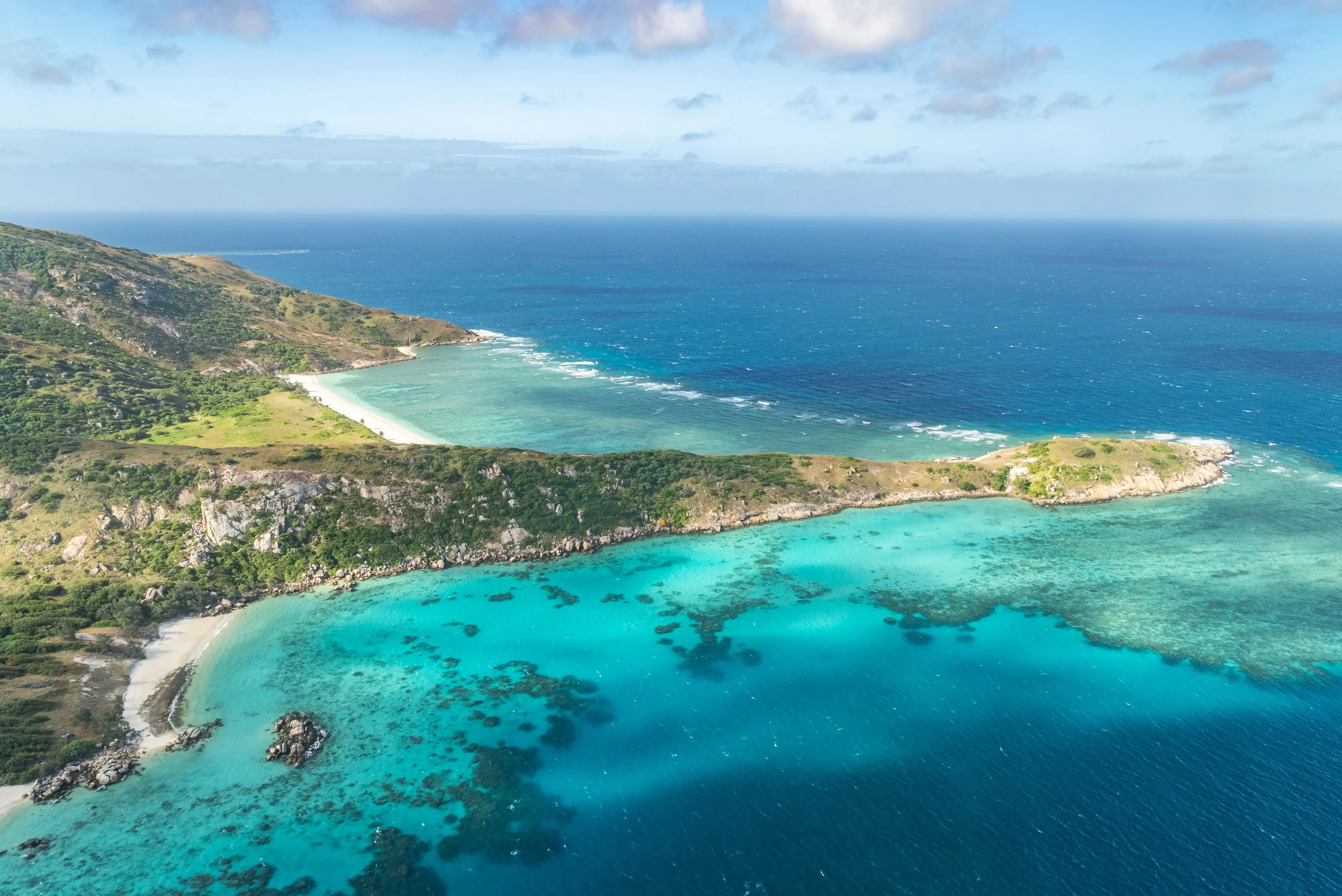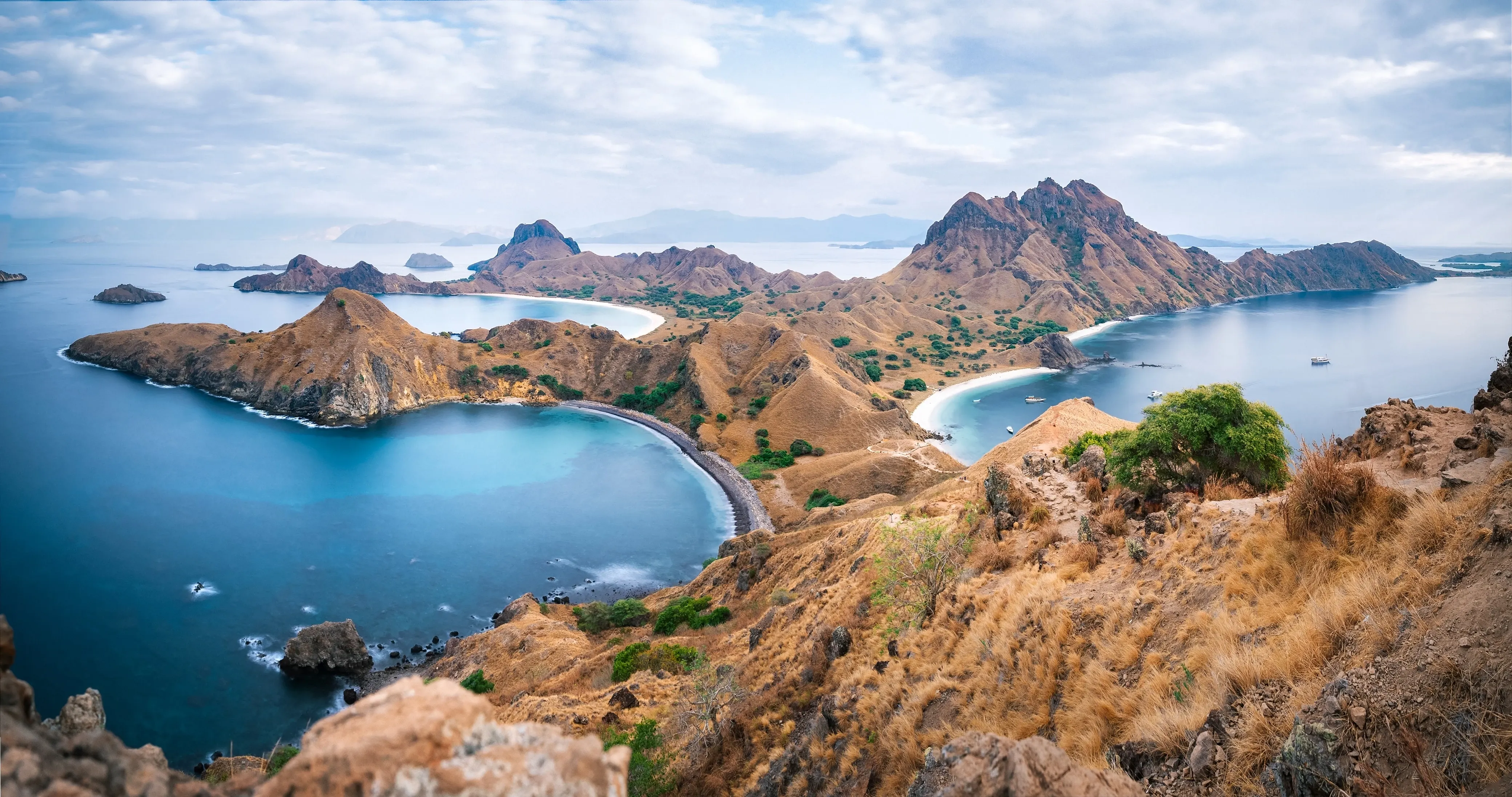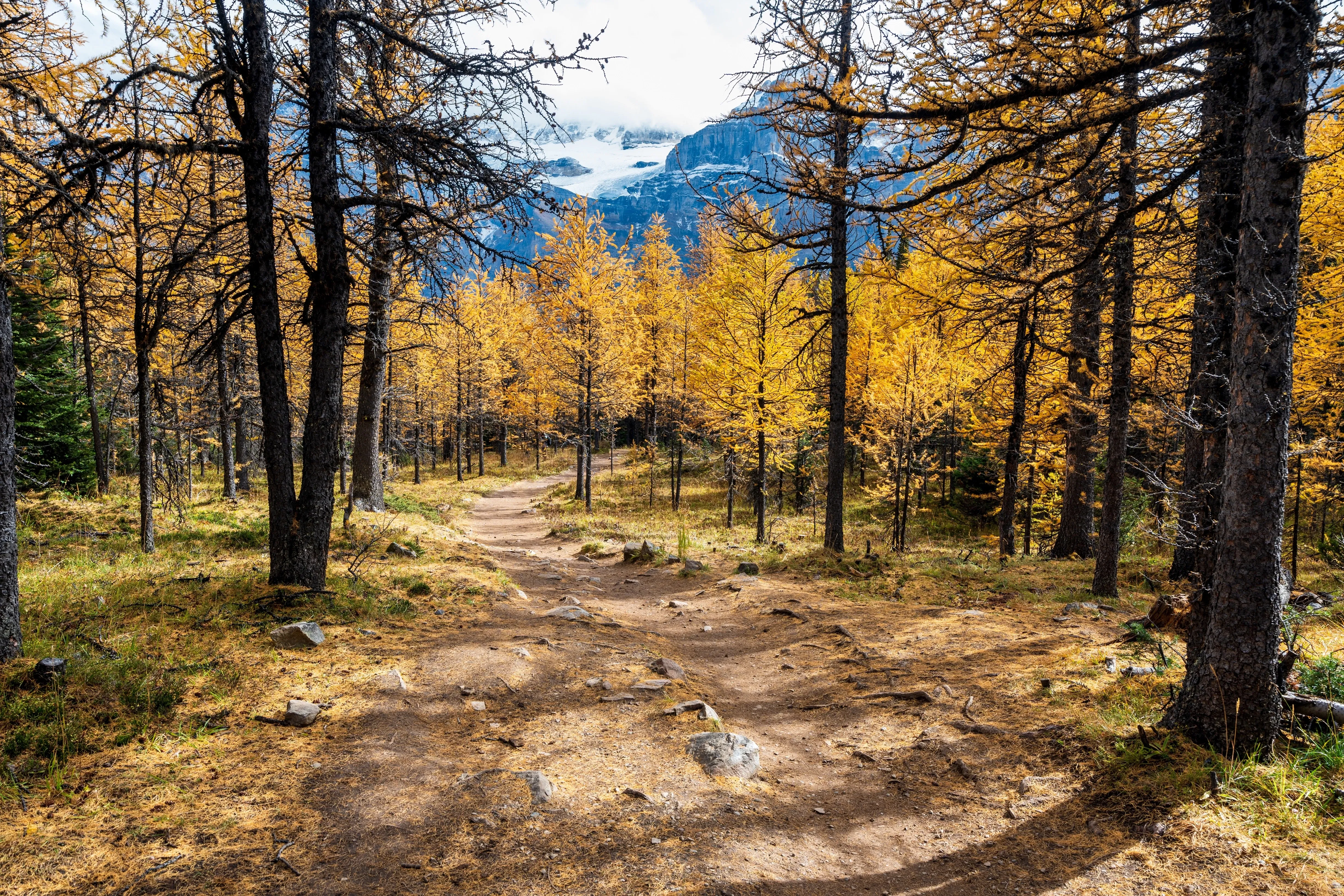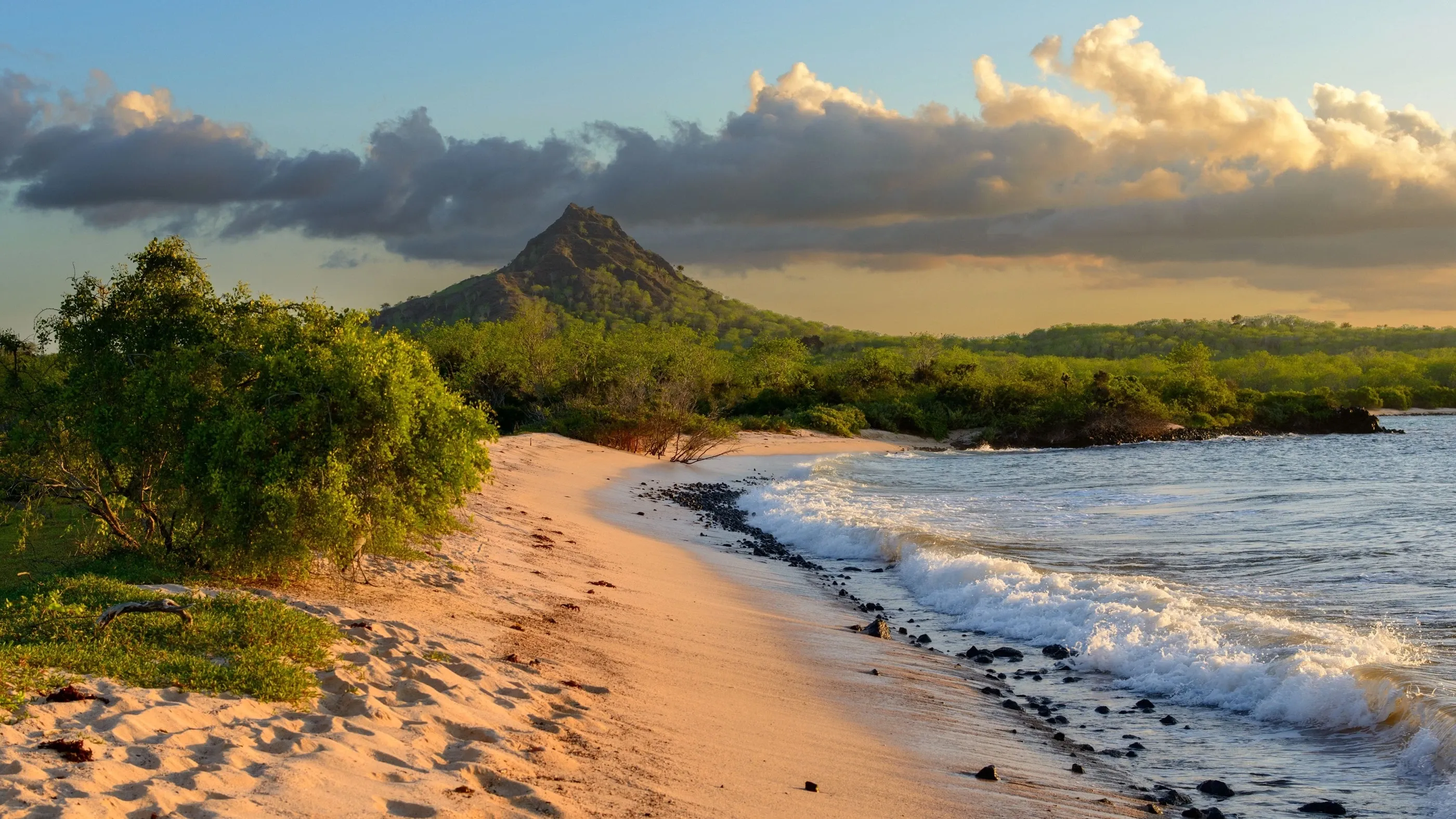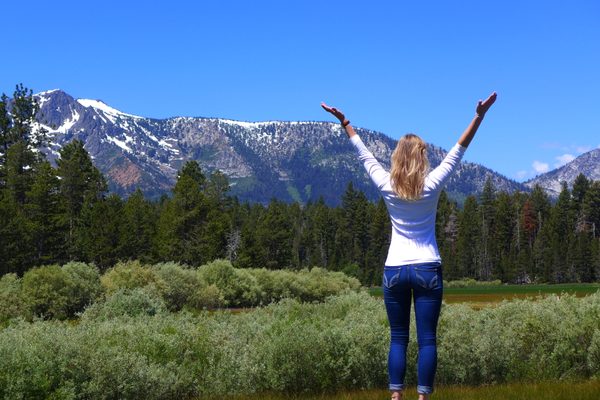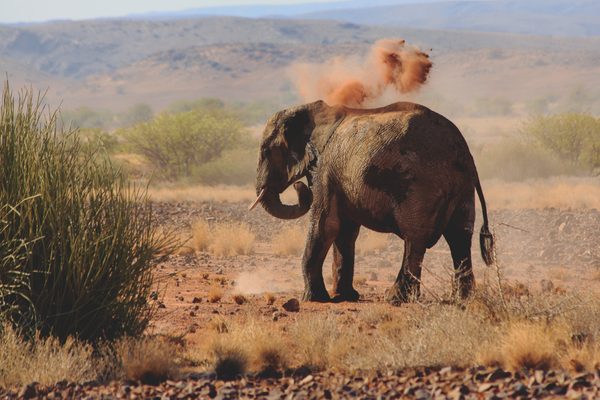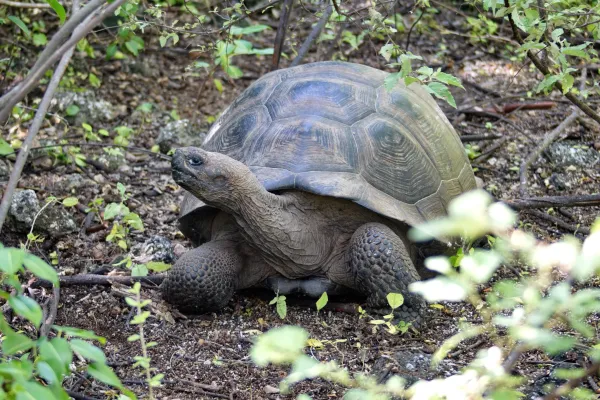Volunteering in nature conservation
Volunteering in nature conservation offers unparalleled opportunities to explore wild places that ordinary travelers and tourists rarely encounter. Conservation efforts span diverse landscapes, including national parks, protected wildlife areas, rainforests, cloud forests, mountain ranges, and wetlands.
As a volunteer in nature conservation, you can participate in conservation programs worldwide, from remote locations to recreational areas like California, the Amazon Rainforest project in Peru, the cloud forests of Costa Rica, or the coasts of New Zealand.
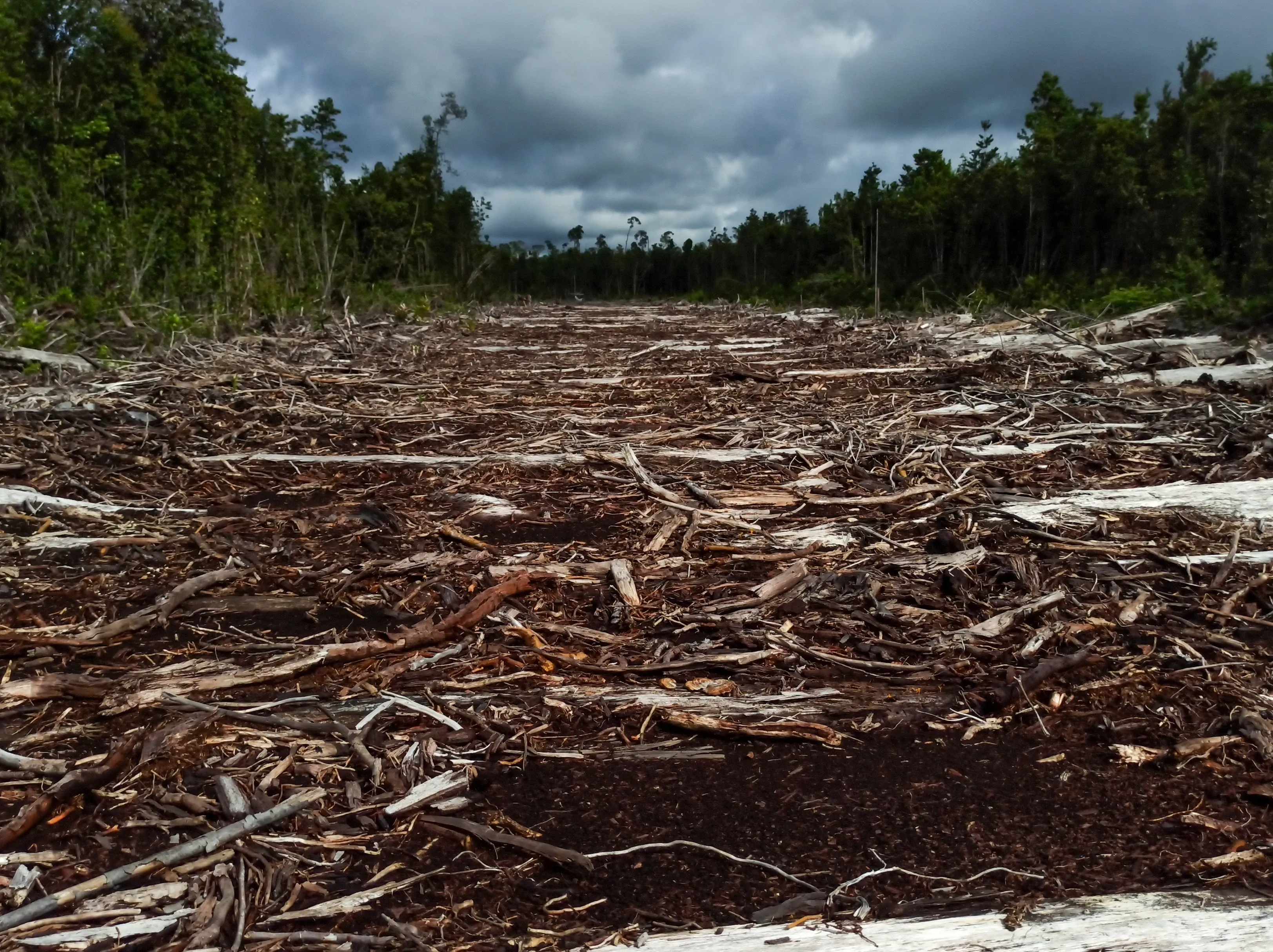
Engaging in nature conservation allows you to share your passion for the environment with fellow conservationists, learning from dedicated enthusiasts and scientists about the critical importance of conservation efforts.
Nature faces numerous threats, including climate change evidenced by melting glaciers, devastating forest fires, and widespread floods. Industrialization, habitat destruction, urbanization, and species extinction further exacerbate these challenges. Conservation volunteers play a vital role in protecting delicate ecosystems and environments worldwide.
Volunteering in conservation programs offers transformative experiences, where you acquire new skills such as tool handling, nature preservation techniques, biological insights into flora and fauna, data analysis from wildlife cameras, native plant and tree planting, and invasive species removal.
Participating in nature conservation not only contributes significantly to environmental sustainability and biodiversity but also enriches your personal growth. Immersed volunteers often return home with enduring memories, a profound appreciation for nature, and a strong desire to continue supporting conservation efforts.
Highlights of volunteering in nature conservation:
- Immerse yourself in untouched nature and stay in remote, pristine locations
- Develop valuable skills in nature conservation and environmental protection
- Contribute to the preservation of unspoiled natural areas
- Create lasting memories
- Cultivate a deep appreciation for nature, inspiring continued involvement in conservation efforts long after your return
What is unique about nature conservation?
Nature conservation is unique in its holistic approach to preserving the planet's biodiversity and ecosystems. It seeks to maintain the delicate balance of nature by protecting species, their habitats, and the intricate web of relationships that sustain life. This involves not only safeguarding plants and animals but also addressing broader environmental issues such as climate change, pollution, and deforestation.
What sets nature conservation apart is its integration of scientific research, community involvement, and policy advocacy, aiming for sustainable solutions that benefit both nature and human societies. By emphasizing the intrinsic value of all living beings and the interconnectedness of life, nature conservation fosters a deep appreciation and respect for the natural world, encouraging stewardship and responsible behavior to ensure the health of our planet for future generations.
Why we need to protect nature?
Protecting nature is essential for several reasons. First, it ensures the survival of countless species, maintaining biodiversity, which is crucial for ecosystem resilience and stability.
Healthy ecosystems provide vital services such as clean air and water, fertile soil for agriculture, and natural climate regulation, all of which are fundamental for human well-being. Additionally, nature offers recreational, cultural, and aesthetic benefits, enriching our quality of life and mental health.
By protecting nature, we also safeguard the resources and natural beauty that future generations depend on and deserve to experience. Ultimately, preserving nature is about maintaining the delicate balance that supports all life on Earth, recognizing that our health and prosperity are intrinsically linked to the health of our planet.
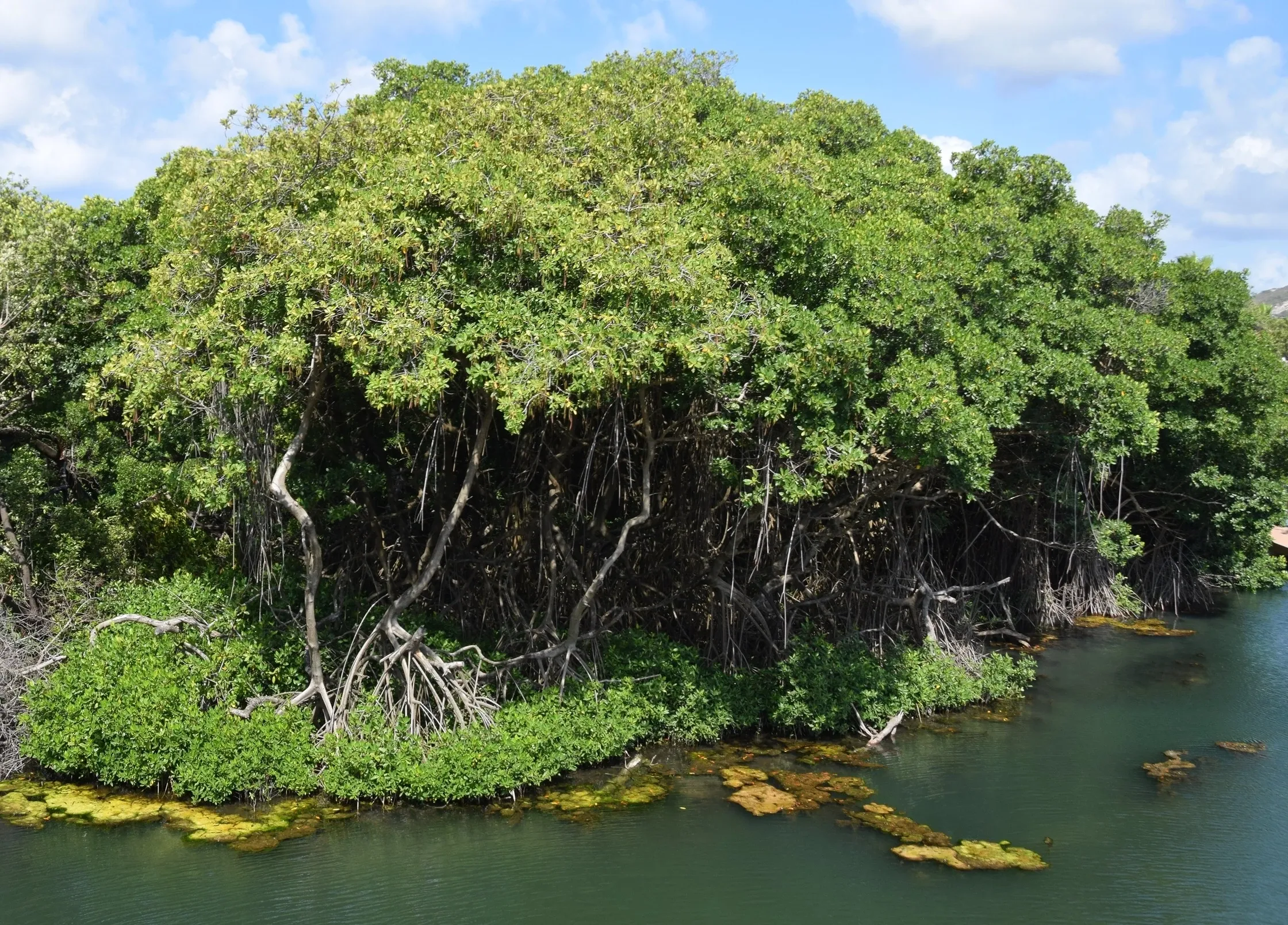
How to save nature?
Saving nature requires a different approaches which combine individual actions, community efforts, and policy changes. Supporting conservation organizations and participating in local environmental initiatives, like tree planting and clean-up drives, can amplify these efforts. One important approach is restoring degraded ecosystems, which involves replanting native vegetation, rehabilitating wetlands, reintroducing native species to areas where they have been lost and remove invasive species.
Supporting and participating in citizen science projects can also contribute to conservation efforts, as these projects often rely on public involvement to collect data and monitor environmental changes. Educating others about the importance of preserving nature and promoting environmentally friendly practices can create a ripple effect, encouraging collective action.
Collaborating with indigenous communities, who often possess deep ecological knowledge and a strong connection to their lands, can lead to more effective and culturally sensitive conservation strategies. Lastly, investing in green technologies and innovations can provide new solutions for environmental challenges, making it easier to live sustainably and protect the natural world.
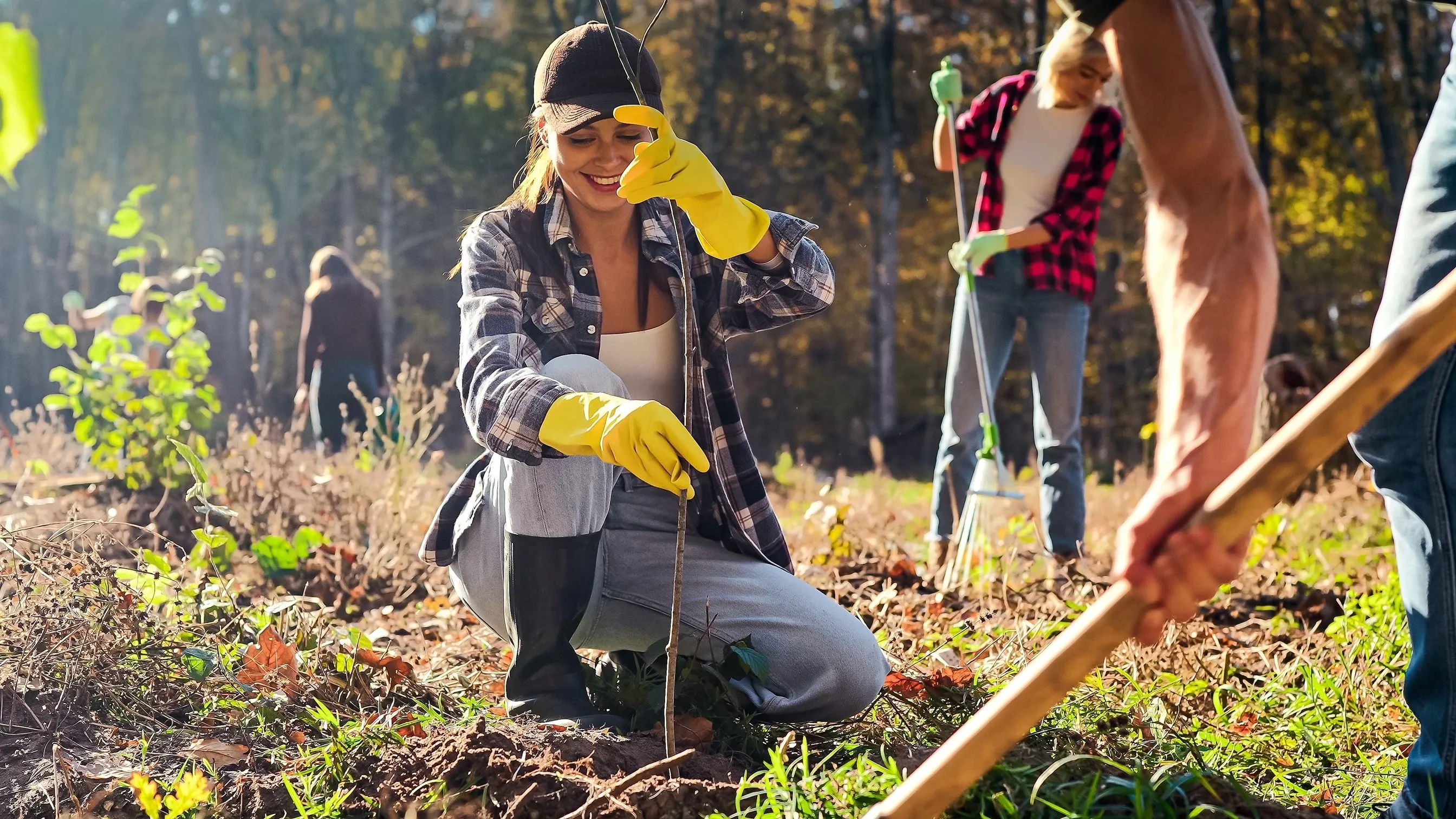
On a broader scale, advocating for policies that protect natural habitats, reduce pollution, and address climate change is crucial. This includes supporting renewable energy sources, sustainable agriculture, and conservation programs.
Reducing our carbon footprint through lifestyle changes, such as using public transportation, cycling, or walking instead of driving, and consuming less meat, can significantly impact. Promoting and practicing responsible travels helps protect natural areas by minimizing the environmental footprint and supporting local conservation efforts.
By making conscious choices, supporting systemic change, embracing a variety of approaches, and fostering a collective commitment to environmental guardianship, we can contribute to a healthier planet and ensure that nature thrives for future generations.
»It’s the little things citizens do. That’s what will make the difference. My little thing is planting trees.«
Volunteering in nature conservation - Frequently asked questions
What do I need to know about volunteering in nature conservation?
Volunteering in nature conservation offers a chance to directly contribute to environmental protection and biodiversity preservation. It encompasses a variety of activities such as habitat restoration, field studies, reforestation, wildlife monitoring, trail maintenance, and environmental education. These tasks can vary in physical demands, from hiking and outdoor work to more specialized skills like plant identification or data collection.
Before committing, consider the time you can dedicate as most organisation depend on all the extra hands they can get. Projects range from short-term commitments to longer initiatives spanning weeks or months. Location is another factor; opportunities exist all around the world, in national parks, and recreational areas each offering unique experiences and challenges.
Before you commitment learn more about the cultural aspects of your chosen location, as this helps you immerse yourself into the experience and teaches you more about the communities you will be working with. Remember that each culture and land is different and that the standards that you know from home could be different and a certain flexibility and adaptability is necessary.
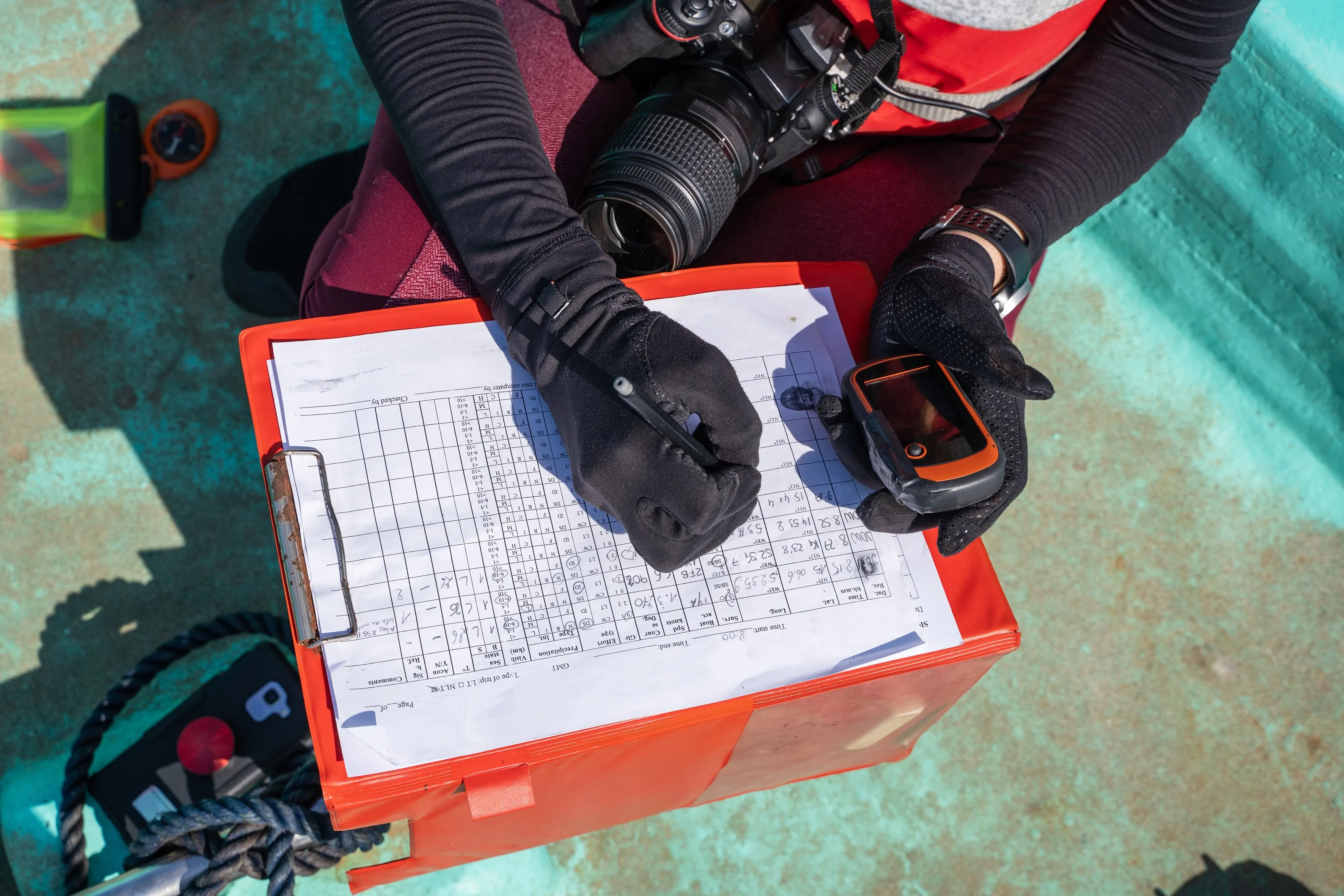
Understanding the project's goals and outcomes is crucial. Research how your efforts will contribute to conservation objectives and the sustainability of the environment. Safety is paramount; working in natural settings involves risks like wildlife encounters and challenging terrain. Organizations typically provide safety guidelines and training it is vital to familiarize yourself with them as they not only keep you but your team and the wildlife around you save.
Benefits of volunteering in nature conservation include learning new skills, connecting with fellow conservationists, and deepening your appreciation for nature. Be aware of any associated costs such as transportation or accommodation, and choose reputable organizations that align with your values and provide necessary support and training.
By considering these aspects, you can make a meaningful impact through your volunteer efforts while ensuring a fulfilling and safe experience in nature conservation.
How I can learn more about nature conservation?
Nature conservation is a journey of understanding and action, rooted in a deep appreciation for Earth's biodiversity and our responsibility to protect it. It begins with learning foundational principles from experts and through literature that explores conservation biology, ecology, and the interconnectedness of ecosystems.
This knowledge forms a solid base for practical engagement with nature conservation groups or participating in habitat restoration projects. These hands-on experiences not only deepen understanding but also foster a personal connection to nature.
Additionally, attending workshops, conferences, and seminars offers opportunities to learn from current research and innovative conservation practices. Networking with like-minded individuals and experts in the field provides insights and inspiration for effective conservation strategies.
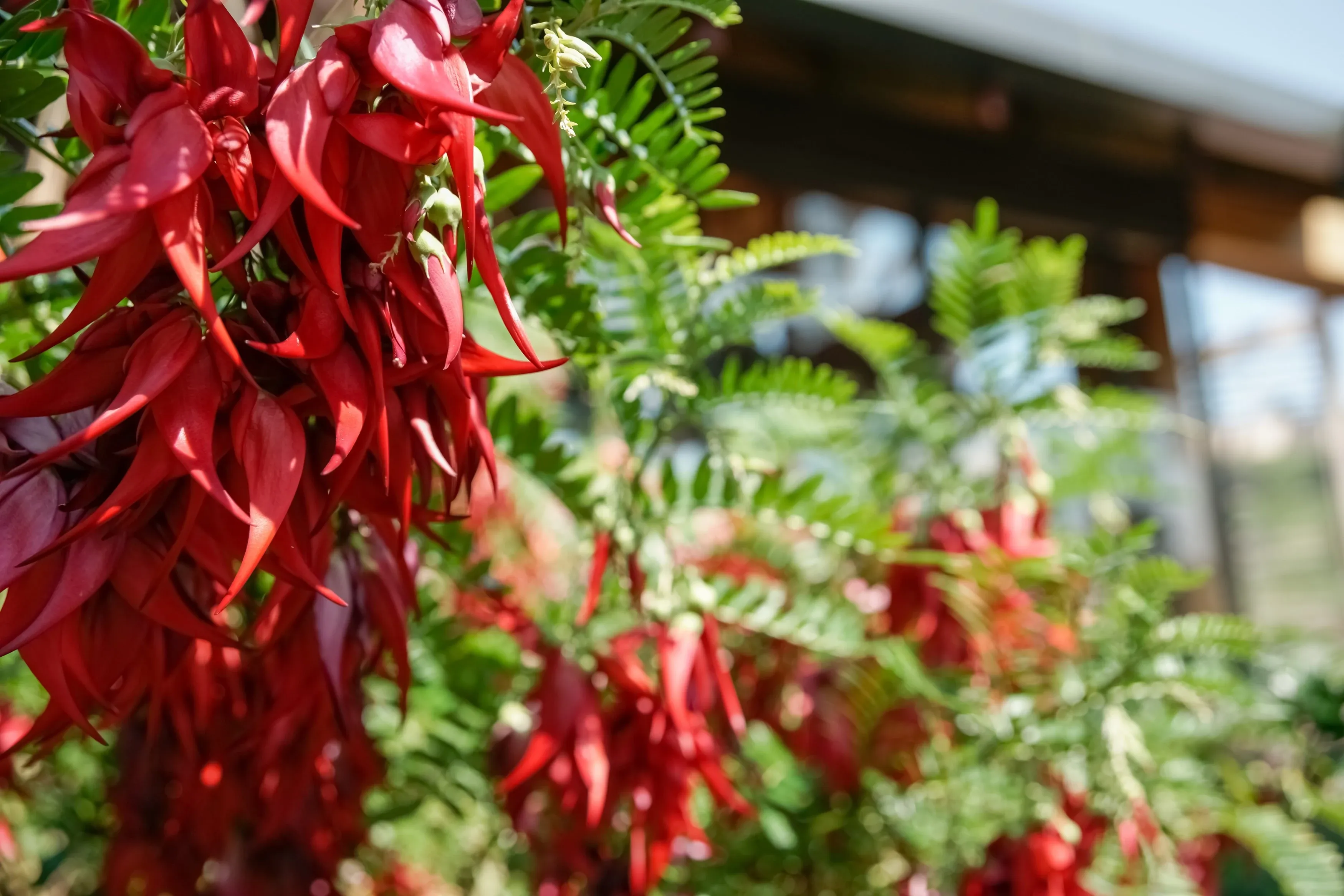
Exploring natural environments firsthand further enriches this journey. Spending time in diverse ecosystems, observing wildlife, and understanding natural processes enhances appreciation for the beauty and complexity of nature. It reinforces the urgency of conservation efforts and strengthens the resolve to protect Earth's natural heritage.
Advocacy plays a crucial role as well. Educating others about conservation issues, supporting policies that promote sustainable practices, and participating in environmental campaigns are impactful ways to contribute. By raising awareness and influencing decisions at local, national, and global levels, individuals can drive positive change for biodiversity conservation.
Ultimately, nature conservation is about embracing a mindset of guardianship and responsibility towards our planet. It requires continuous learning, active engagement, and a commitment to preserving Earth's biodiversity for future generations. By taking these steps, individuals can make a meaningful difference in safeguarding our natural world.
Reasons to volunteer in nature conservation
- #1 Exploring the last wild places: work in remote places and nature areas which are hidden for most people.
- #2 Slow down: Use this life-changing opportunity to let nature be your clock and guide you throughout your day.
- #3 Learning important skills: Assist Conservation experts, scientist and nature-enthusiast and learn skills such as analysing camera trap data, navigation, handling tools and more.
- #4 Impactful contribution: Nature conservation volunteers directly contribute to preserving biodiversity, restoring habitats, and promoting sustainable practices, making a positive impact on the environment and future generations.
Sign up for the newsletter
By clicking on “Subscribe now” I will subscribe to the Conscious Explorer newsletter with all the information about mindful travel. Information on the success measurement included in the consent, the use of the shipping service provider MailChimp, logging of the registration and your rights of revocation can be found in our privacy policy.

